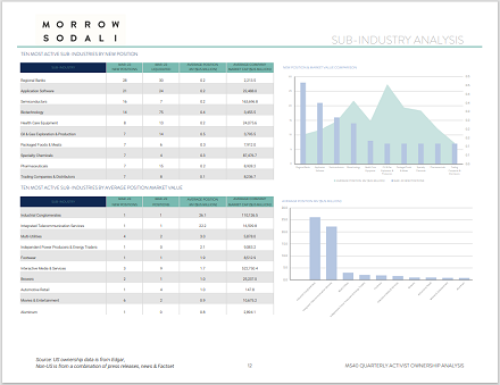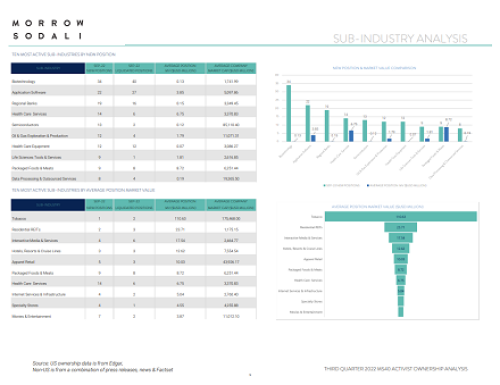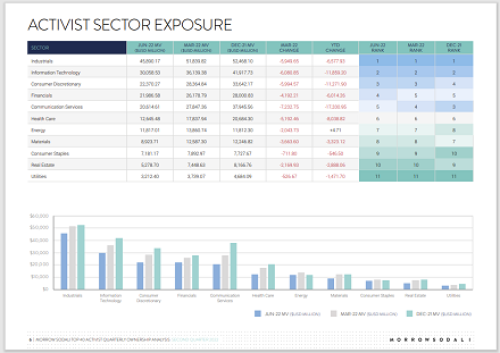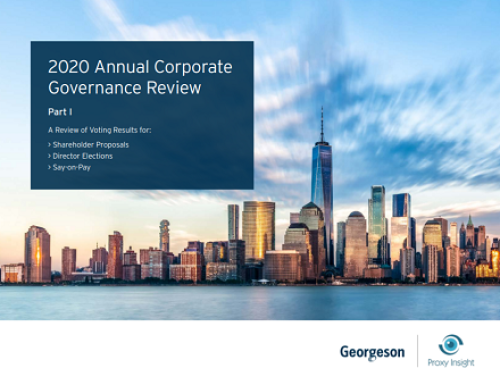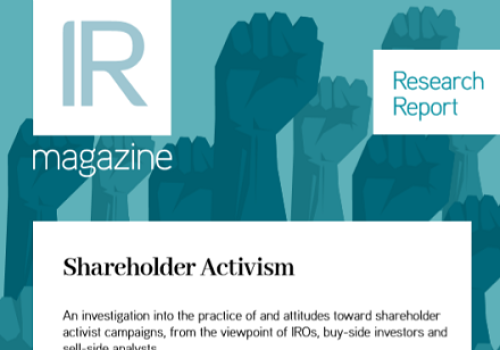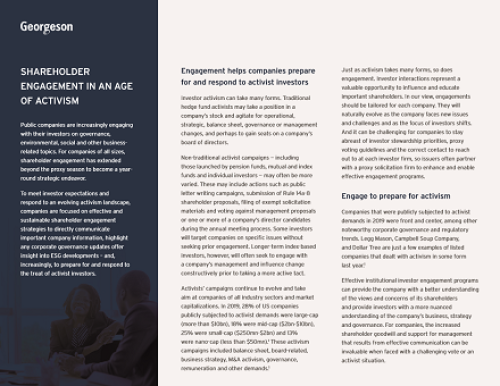The image of the activist shareholder has changed, especially in Asia.
Accused of being short term, secretive corporate raiders in the past, activists are now careful to position themselves as ‘change agents’, helping companies unlock value and drive growth.
Today, shareholder activists are very willing to play the long game, as can be seen by Elliot Management’s multi-year campaign against Samsung in South Korea, and have been claiming high-profile successes, such as Hong Kong-based Oasis Management pushing Japan’s Nintendo to move into mobile gaming.
Activists in Asia are also becoming more sophisticated communicators, using traditional and digital media to create campaigns, rally investors and brief journalists directly.
When speaking publicly, activists go to great lengths to point out that they have only taken a more vocal route after all other avenues for reasonable and rational engagement have been exhausted.
This shift in positioning, with a view of being a ‘force for good’, has been helped by policy changes in some of Asia’s key markets. Most notable has been Japan, where Prime Minister Shinzo Abe is driving corporate governance reforms and strengthening the protection of minority shareholders.
Other markets, including Hong Kong, South Korea, Singapore and China, are following suit and opportunities for shareholder activists are expected to multiply across Asia. According to JP Morgan, 106 shareholder activist campaigns were carried out in Asia during 2017, up from only 10 in 2011.
In this new environment, many management teams in Asia are now more willing to engage with activist shareholders, rather than ignore them in the hope that they will go away.
This has been prompted by a change in attitude from investment firms and financial institutions, including large US and non-US institutional investors, national pension funds and sovereign wealth funds, which have become more active in how they manage their holdings.
And while it does not mean that companies will comply with the activists’ demands, it does mean that companies are having to be much clearer about explaining their strategies to all stakeholders.
This can include providing clarity on governance issues and explaining the rationale for complex cross-shareholdings, selling off assets or divisions, clarifying the role of government officials and financing sources, and breaking up family control or relationships that run contrary to global best practices.
Faced with this type of shareholder pressure, dealing with questions from weighty and previously quiet investors, and trying to handle well-planned and smoothly executed activist campaigns, companies are often on the back foot.
Asian companies in particular need to consider that an activist investor attack is very much like a political campaign. While activists may target investors, rather than the voting public, the campaign dynamics are not so different – campaigns are lengthy, positive and negative messages fly back and forth and are constantly being revised and honed, key constituencies can be volatile, and surprises lurk at every turn.
It is very important not to be caught off guard and focus on the following areas:
Prepare for any issues early. Building goodwill and support, before an attack even happens, is key. A company engaged by an activist will come under intense media scrutiny, and without well-established media relationships, it is vulnerable, leaving the activist in a leading position to set the agenda
Know your audience. Activist investors have the benefit of needing to address only equity investors and influencers of equity investors. Companies, on the other hand, have to deal with a far broader range of stakeholders, including employees and partners. As a company, if you do not understand these audiences or know what they are really thinking, then your messaging may miss the mark, sometimes very widely
Clearly communicate your own long-term vision. An activist investor’s biggest weapon is being a ‘champion of change’ and many dissatisfied investors will often choose ‘change for the sake of change’. Companies must seize the initiative by defining their strategic and financial goals and providing a clear path to realising them. The points made by the activists also need to be addressed and clearly countered if they are wrong – or considered if they have merit
Run a strong defence and don’t be afraid to go on the offensive. Activist investor campaigns are often long and full of unexpected surprises. Effective communication will require tenacity, flexibility and constant monitoring of all media and stakeholder groups – particularly in today’s world of fast moving news and social media. You will need to keep up with shareholder and commentator sentiment, to refine messages and tactics as necessary and spot emerging campaign issues early enough to counter them before they turn into large problems.
Get these four areas right and Asian companies will stand a much better chance of making sure their investors understand, and buy into, their vision for the company. Ignore them and activist shareholders will be only too happy to point the management in the right direction.
Ben Richardson is a partner and head of Asia at strategic communications firm Finsbury

